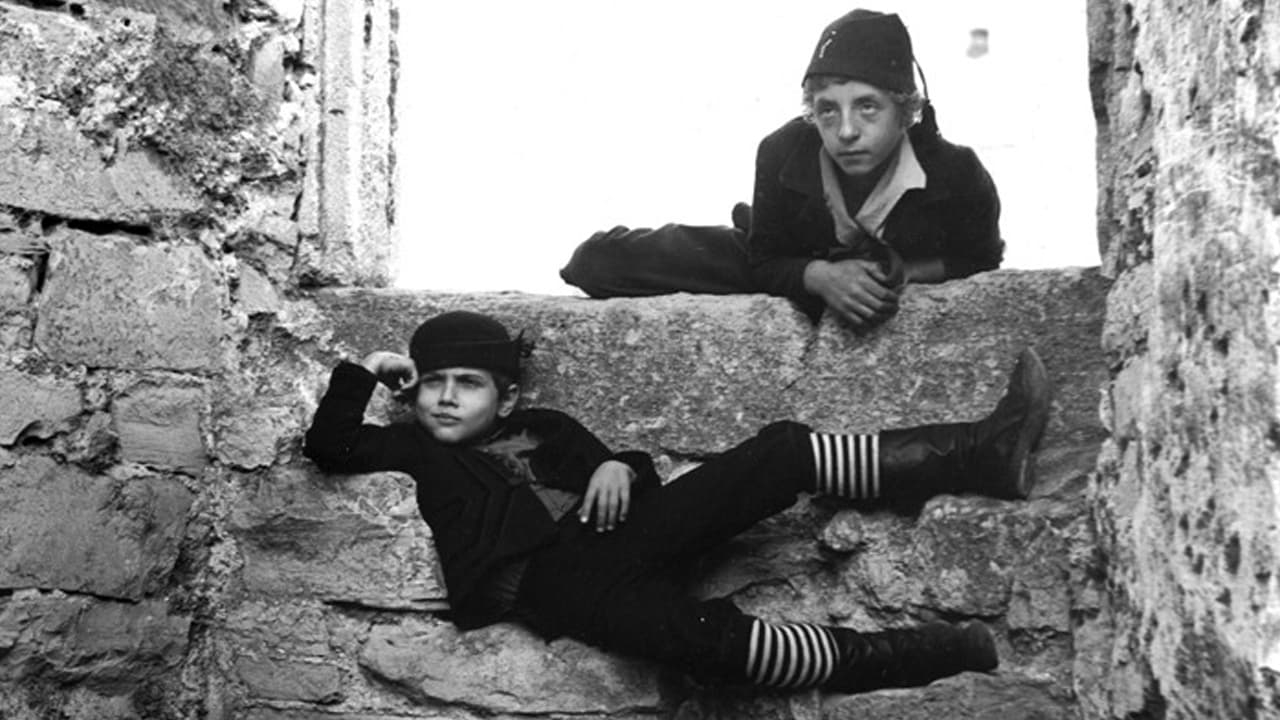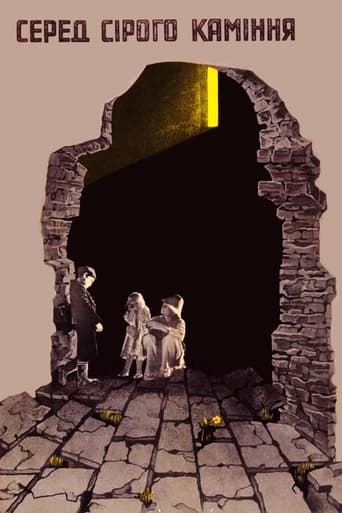

This film is based on a short story of Vladimir Korolenko,Russian(born in Ukrainia)writer.The story is about the writer's childhood,about his sad experiences of losing beloved people(his own mother and a little girlfriend Marusha).In late 19-th century,little town of south region of Russian empire. Vasya, the son of a judge of a provincial court,lives in a large house with his father and a little sister,their nanny, maids and so on after beloved mother's death. Someday he meets poor people(including,former general, aristocrats,intelligentsiya)living in the basement of a ruined cathedral. Among them a brother and sister, who are about the same age as Vasya and his sister Sonya. Vasha soon becomes friend of them. Marusha and her brother Valek live with their "father", who says that he lives with them because it gives him joy. Vasya's father is amid of the deepest mourning,not so careful to his son's feelings.The boy try not to remember the dead mother,knowing that it will hurt himself so much. When Marusha becomes ill,Vasya give her a doll of Sonya,though no one in the house knows where the doll has disappeared.The poverty of underground inhabitants doesn't allow any cure for Marusha. When Vasya hears the sad news,that Marusha died,he pretends not to hear it,shaking his head. His father knows that Vasya has been lonely because as a father he didn't pay enough attention to him. Valek and his "father" leave somewhere,as they have no house, no money, no job. As usually the case with Kira Muratova's films, the director(credited as fictional Ivan Sidrov,probably to escape from Soviet censorship) here shows eccentric characters,who speak loudly,with theatrically exaggerated gesture,without considering if their words are heard by surrounding people.But here we can the also see some social criticism,which can be read as criticism of Soviet regime,which is probably the reason of its ban before Perestroika. Nowadays this film seems utterly apolitical,simply a very cinematographic and touching work,which again proves the director's talent and mature skill of narrative.
... View More